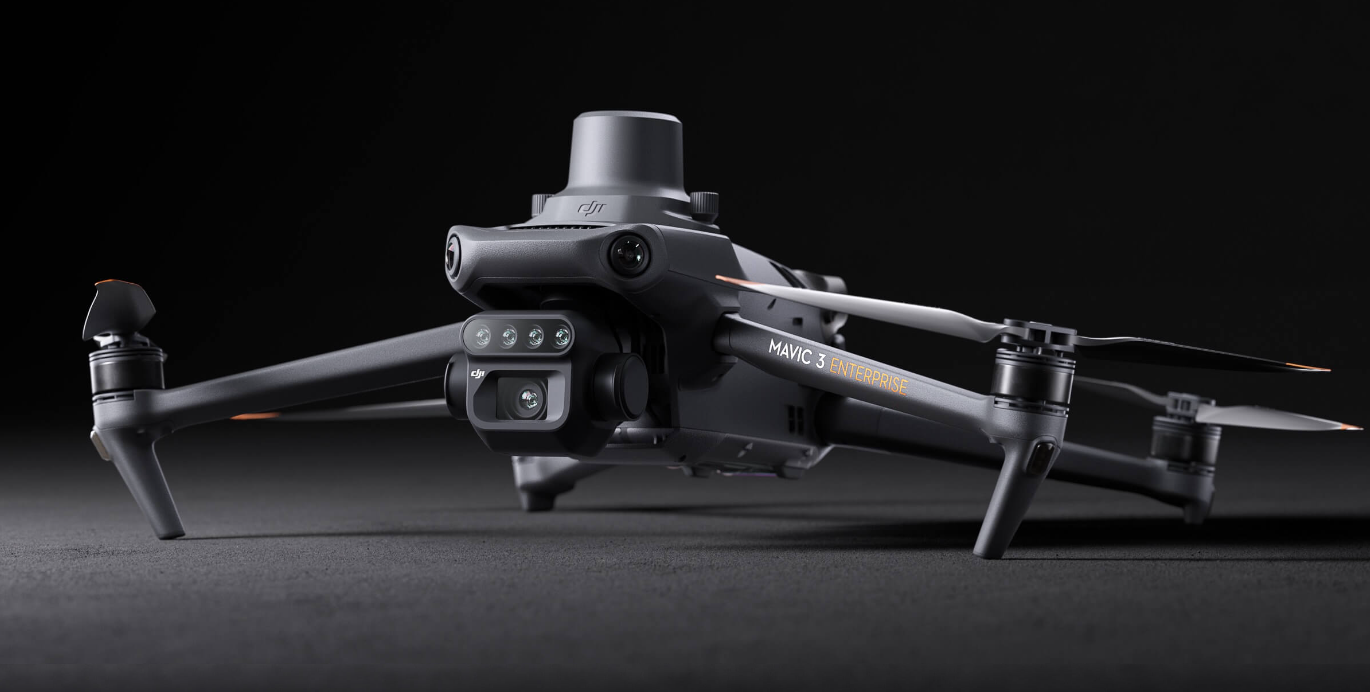
The United States House of Representatives passed a ban on the future sale of DJI drones in the U.S. on Friday, making the DJI ban more likely than not. The "Countering CCP Drones Act" is part of the United States' 2025 National Defense Authorization Act (FY25 NDAA), a major piece of yearly legislation allotting defense spending for the coming year.
Drone maker DJI is based in China and controls over 70% of the world's drone market share, a combination that threatens U.S. lawmakers. As we first reported in April, 6% of DJI stock lies in the hands of Chinese state-owned businesses, which has led to fears of Chinese government backdoors, national security risks, and other fears of Chinese surveillance using the company's drones. And of course, there lies the more real concern for U.S. lawmakers that DJI's success would continue to strengthen the Chinese economy.
Elise Stefanik, the Republican representative from New York who sponsors the anti-DJI legislation, said of the drones, "DJI presents an unacceptable national security risk, and it is past time that drones made by Communist China are removed from America." Of course, this unacceptable risk has not seemed to faze the U.S. military and police complex, which generally favors use of the drones in law enforcement. DJI products have also been used in the Russian war against Ukraine, a use-case U.S. lawmakers fear though DJI has denounced all military use of its drones.
The Countering CCP Drones Act, along with a scattering of other pet laws and culture war staples, is buried within the folds of this year's National Defense Authorization Act. The NDAA must be passed every year, though some political theater may delay its passage, and both houses of the United States Congress (the House of Representatives and the Senate) have moved the spending bill through its early phases. The House has fully passed the bill, including the Countering CCP Drones Act, and now we wait for the Senate to pass its version, so the two can be combined and signed into law by President Biden.
The current state of legislation would not prohibit the use of already purchased DJI drones in the United States, only the sale of DJI products in the U.S. Doing so would eliminate the most popular and highest-end drones used in the United States. The bill, while popular in Congress, still has a chance of being stopped. Concerned U.S. residents who disagree with the bill should contact their U.S. Senators and ask for the Countering CCP Drones Act to be dropped from the NDAA.
While not as direct an attack on China as some moves associated with the U.S.-China trade war over semiconductors, the DJI ban would follow a tradition of tariffs and bans against successful Chinese companies in the U.S. Most bans affect the most commercially successful companies and entities from operation in the U.S., though lawmakers claim the goal is safety rather than a trade conflict. U.S. Secretary of State Antony Blinken recently argued, "What we're focused on is only the most sensitive technology that could pose a threat to our security. We're not focused on cutting off trade, or for that matter containing or holding back China."







